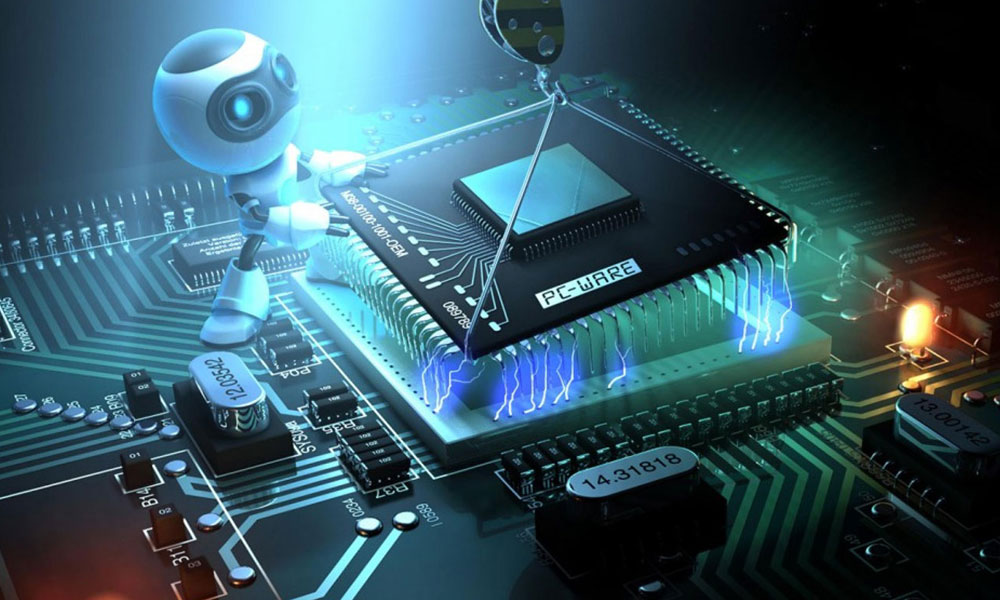
The B.Sc. in Electronics and Communication program is tailored to provide students with a comprehensive understanding of electronic systems, communication technologies, and signal processing. The curriculum integrates foundational courses in mathematics, physics, and electrical engineering, laying the groundwork for a deep exploration of electronic circuits, communication theory, and digital signal processing. Through a balance of theoretical knowledge and practical applications, students develop the skills necessary for designing, analyzing, and implementing electronic and communication systems. Core courses include Analog and Digital Electronics, Communication Systems, Microprocessors, and Electromagnetic Fields, providing students with a solid foundation in the key aspects of electronics and communication. Laboratory work and hands-on projects complement theoretical learning, allowing students to gain practical experience with electronic devices, circuits, and communication technologies. The program emphasizes the dynamic nature of the field by incorporating emerging technologies such as wireless communication, Internet of Things (IoT), and digital signal processing. Elective courses provide students with the opportunity to specialize in areas such as embedded systems, telecommunications, or digital communication, allowing them to align their education with specific career interests. Real-world applications are a focal point of the B.Sc. in Electronics and Communication program. Industry internships, projects, and collaboration with technology companies expose students to the challenges and opportunities within the field. This practical exposure enhances their problem-solving skills and prepares them for a seamless transition into the professional realm. Upon completion of the program, graduates are well-equipped for careers in electronics and communication engineering, telecommunications, research and development, and other technology-related industries. The program also serves as a foundation for advanced studies at the postgraduate level, enabling students to pursue specialized areas of interest and contribute to the ongoing advancements in electronics and communication technologies. Graduates emerge with a strong theoretical foundation, practical skills, and the ability to adapt to the evolving landscape of the electronics and communication industry.